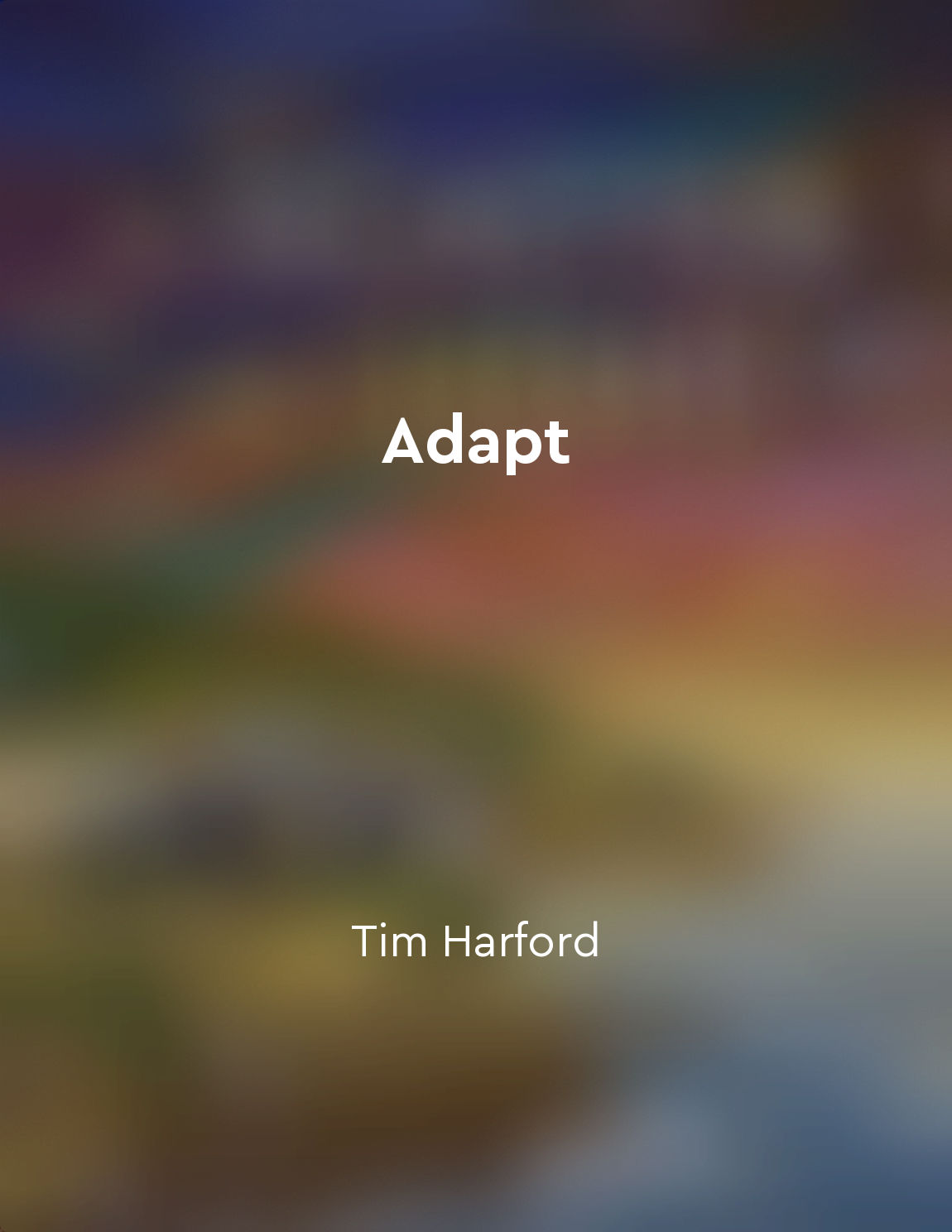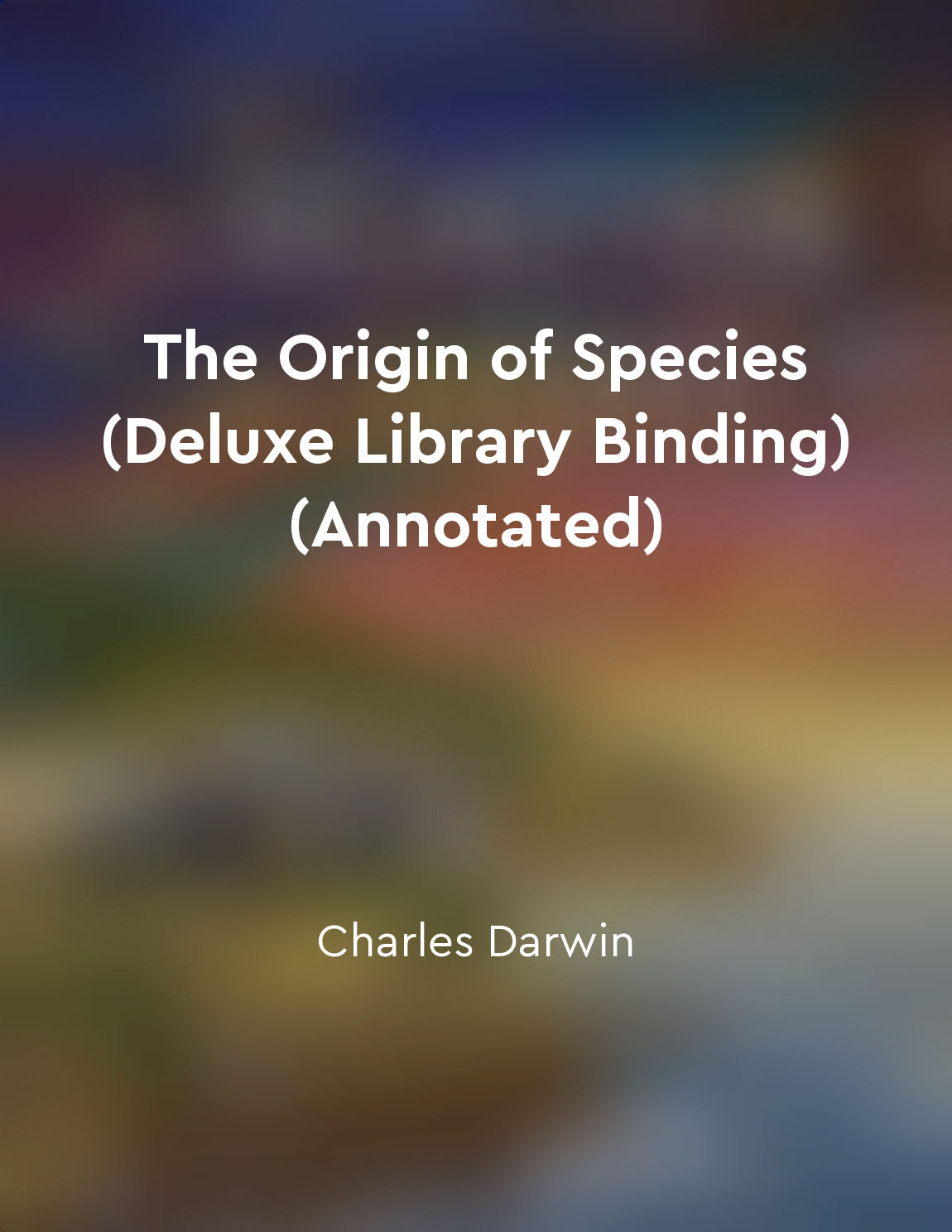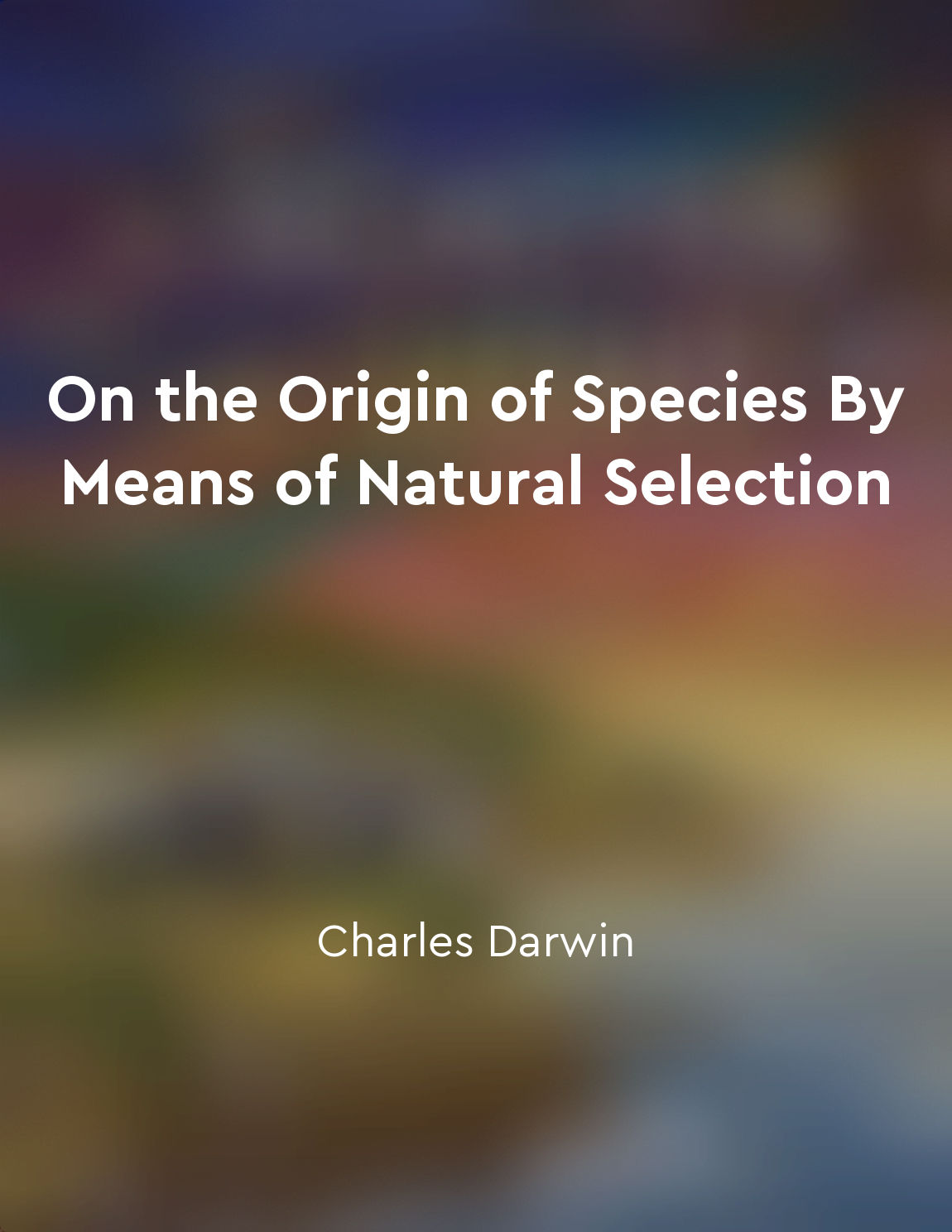Artificial selection in domesticated animals from "summary" of On the Origin of Species By Means of Natural Selection by Charles Darwin
Artificial selection plays a crucial role in the breeding of domesticated animals. Humans have long been engaged in the practice of selectively breeding animals for specific traits that are desirable or useful to them. This process involves choosing individuals with the desired characteristics and allowing them to reproduce, thus passing on these traits to future generations. Over time, this selective breeding has led to significant changes in the characteristics of domesticated animals. Through artificial selection, humans have been able to create a wide variety of breeds within species such as dogs, horses, and cattle. By choosing which animals to breed based on traits such as size, color, or temperament, humans have been able to shape the genetic makeup of these animals to suit their needs and preferences. For example, through selective breeding, humans have been able to create dog breeds with specific skills and abilities, such as herding, hunting, or guarding. The process of artificial selection is similar to natural selection in that it involves the differential reproduction of individuals with certain traits. However, in artificial selection, it is humans rather than nature that determine which traits are advantageous and which individuals are allowed to reproduce. This gives humans the power to directly influence the genetic makeup of domesticated animals in a way that would not be possible through natural selection alone. One of the key differences between artificial and natural selection is the speed at which changes can occur. While natural selection operates over long periods of time, artificial selection can lead to rapid changes in the characteristics of a population. This is because humans can selectively breed animals over multiple generations, accelerating the process of evolution.- Artificial selection has played a significant role in the development of domesticated animals and has allowed humans to create breeds with specific traits that are beneficial to them. By selectively breeding animals for desired characteristics, humans have been able to shape the genetic makeup of these animals to suit their needs and preferences. This process highlights the power that humans have to influence the evolution of other species through selective breeding.
Similar Posts
Raptors hunt down humans
The raptors were cunning creatures, their intelligence far surpassing that of any other dinosaur in Jurassic Park. They hunted ...
Cultural diversity enriches human experience
The vast array of cultures that have flourished across the globe represents a kaleidoscope of human creativity and ingenuity. E...

Environmental factors influence genetic expression
Genes provide the instructions for making proteins, which carry out the functions of cells. However, the expression of genes ca...

Diversity leads to success
In any complex and unpredictable environment, success often hinges on the ability to adapt. One key factor that can drive succe...
Embracing diversity enriches communities and ecosystems
Diversity is not just a buzzword; it is an essential ingredient for the vitality and resilience of communities and ecosystems. ...
The wonder of living organisms
Living organisms are truly remarkable. Just think about the complexity of a single cell - the tiny building block of all life. ...

Competition drives evolutionary change
The process of evolution is driven by the competition for limited resources among individuals within a population. This competi...
Homeostasis maintains internal balance
Homeostasis is a fundamental concept in biology that refers to the ability of an organism to keep its internal environment stab...


